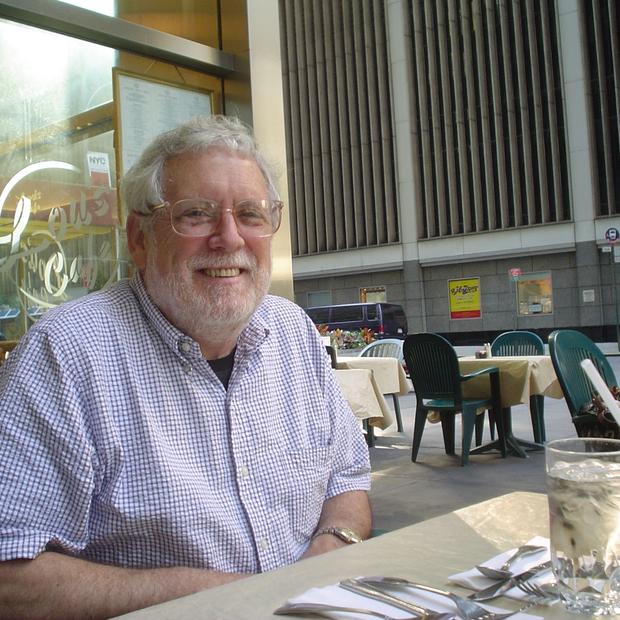You’ve heard of speed dating, where people bounce around from one potential partner to the next every few minutes in the hope of landing a longer-term relationship. Tuesday, the Zino Society, a Seattle-based group of angel investors, entrepreneurs, consultants and connecters, ran an investment version of the idea – the 9th Annual Zino Zillionaire Investment Forum.
The forum brings together 24 entrepreneurs on the hunt for early-stage investment, each of whom has three minutes to make their pitch followed by two minutes of questions. Speed investing.
The carrot, according to Zino Founder and CEO Cathi Hatch: the promise of $100,000 in angel fund allocations, to be doled out to one or more finalists.
More than the format though, the highlight of this year's forum was a conversation with one of the region’s most successful investors – at least in real estate. Kemper Freeman, Jr., CEO of Kemper Development, the family-owned company that developed Bellevue Square and other Eastside projects, gave the audience an anecdote-filled primer of how to take risks and make money.
The key to success, he said, is due diligence. “We do legitimate, professional research that tells us what the market needs, but doesn’t have. We seem to have a special touch, but it is not true. It’s research. ...”
That was as true, he said, of his father’s first investment in Bellevue Square in the 1940s as it is of his current $1.3 billion mixed-use development in downtown Bellevue. That new project will create 2 million square feet of additional retail, office, hotel and residential space covering more than a block at Northeast Fourth Street and Bellevue Way Northeast. “It’s one of the larger real estate projects in the U.S. now,” he said.
One of the most dangerous investments to make, Freeman warned, is the result of the “epiphany in the shower.” Without any research to gauge its achievability, it almost always runs into trouble. Still, not all shower epiphanies should be written off. As he puts it, “As long as you stay conservative and do your home work, you can go ahead.”
Not all of Freeman’s investments have worked out — at least not at first. Bellevue Place, a $200 million project he launched in the ’80s, included a hotel as well as office and retail space. Everything checked out except for one thing — a sharp contraction of the real estate business at the end of the decade.
“We were losing $200,000 a month on the hotel,” Freeman recalled. Contrary to popular opinion, he says, the project’s Japanese investors were not patient. Still, he resisted direction to change or add layers of management. “If this comes apart, I’m gone,” he told his investors. “For you [the large Japanese companies], it’s a rounding error.”
One of the things he has learned over the years is to be strong in his convictions about projects. “People will test you for strength,” he said. “American businesses too often cut the baby in half and give it away to their partners when things start going bad.” They often end up giving the company or project away without realizing what had happened.
On other topics, Freeman said the Tateuchi Center, a 2,000-seat state-of-the-art performing arts center proposed in downtown Bellevue (Freeman donated the land), could open within three years. The estimated $160 million project has raised about $65 million so far and, according to Freeman, could have the remaining $95 million in the near future.
Even for that project Freeman has the numbers. About 65 percent of funders and season ticket holders for various Seattle arts groups, he said, live on the Eastside. And recent transportation projects, according to Freeman, have made Lake Washington into a “moat” that Eastsiders increasingly are reluctant to cross. “Arts organizations are losing 3 to 6 percent of their Eastside base a year," he explained. They see the Eastside center not as a competitor, but as a means to continue their success.
“Our success is their success,” he quipped.


